Latest News
 Orange man gets 12 to 14 years for child rape
Orange man gets 12 to 14 years for child rape
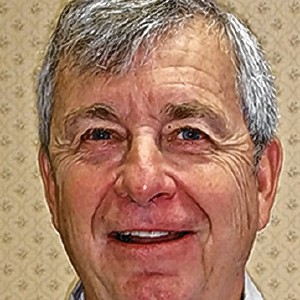 Sportsman’s Corner: Turkey time
Sportsman’s Corner: Turkey time
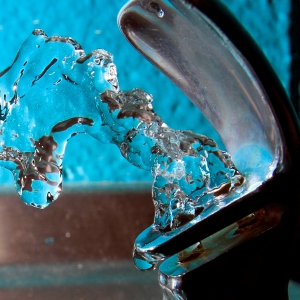 New fed rules may force Mass. action on PFAS
New fed rules may force Mass. action on PFAS
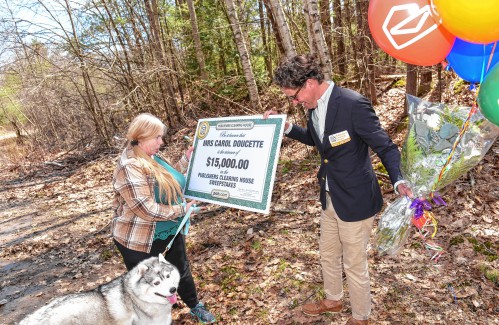
Carol Doucette of Royalston receives $15,000 from Publishers Clearing House
ROYALSTON – The Publishers Clearing House Prize Patrol went to Royalston on Wednesday and, in what PCH Representative Howie Guja said was a first, was unable to make it the front door of the $15,000 winner.As the Prize Patrol made its way to the Stone...
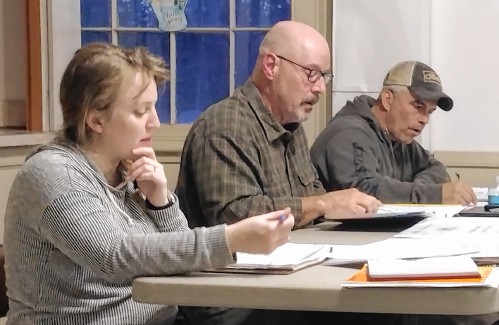
Royalston Selectboard mulls options for full-time police
ROYALSTON – The Selectboard will meet with the town’s Finance Committee Thursday night in hopes of determining the best way to provide at least one full-time officer to the police department in the year ahead.At their meeting Tuesday night, the...
Sports

High schools: Frontier girls tennis picks up 5-0 win over Turners (PHOTOS)
Make it two Tri-County North League wins to open the season for the Frontier girls tennis team. After knocking off Greenfield in their league opener, the Redhawks followed it up with a 5-0 victory over Turners Falls on Wednesday in South...
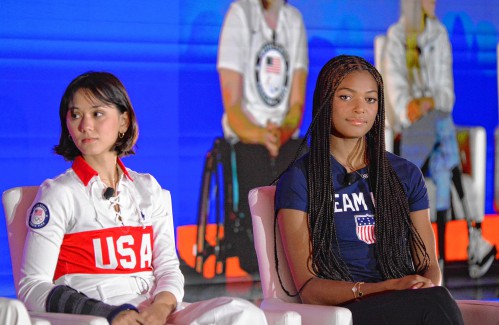 Florence’s Gabby Thomas gearing up for 2024 Paris Olympics
Florence’s Gabby Thomas gearing up for 2024 Paris Olympics
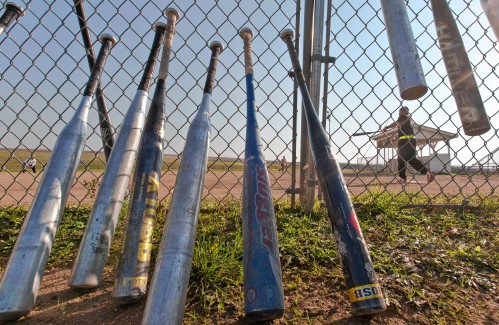 High Schools: Two-run first inning propels Pioneer baseball past Turners
High Schools: Two-run first inning propels Pioneer baseball past Turners
Opinion

Columnist Johanna Neumann: Reaping the rewards of rooftop solar
This week my boys and I are visiting my mom and stepdad for April break. Shortly after we arrived, they proudly gave us a tour of their new PV solar array, which they had installed on the south face of their home earlier this year. My stepdad, Rick,...
 My Turn: Let’s leave miracle of trees well enough alone
My Turn: Let’s leave miracle of trees well enough alone
 Ben Tobin: Another educational song and dance
Ben Tobin: Another educational song and dance
 Pushback: Tax fund option helps keep elders in homes
Pushback: Tax fund option helps keep elders in homes
 Walt Gorman: Fed up
Walt Gorman: Fed up

Police Logs

Athol Police Logs: March 12 to March 19
ATHOL POLICE LOGSTuesday, March 126:45 p.m. - Male party into the lobby regarding a shop vac he lent to someone and they are refusing to give it back. Party was advised of his options. Attempted to contact involved party, negative contact, a voicemail...
 Athol Police Logs: Feb 19 to Feb. 27
Athol Police Logs: Feb 19 to Feb. 27
 Athol Police Log Feb. 4-18
Athol Police Log Feb. 4-18
 Orange Police Log 12/1-13
Orange Police Log 12/1-13
 Athol Police Log 11/8-26
Athol Police Log 11/8-26
Arts & Life

Sounds Local: Spring is singer-songwriter season: A host of local performers celebrate new work
We are fortunate to live in an area where we can experience all types of music, and when it comes to singer-songwriters, we are fortunate to have so many talented ones living among us. Any given weekend, you can head out to one of the local breweries...
Obituaries
 Nancy C. Skowrowski
Nancy C. Skowrowski
Nancy C Skowrowski Royalston, MA - Nancy C Skowrowski, born in Worcester, MA on January 1, 1943, lived a captivating life, filled with vibrant memories and impactful experiences that created... remainder of obit for Nancy C. Skowrowski
 Robert E. Thayer
Robert E. Thayer
Robert E. "Bob" Thayer Athol, MA - ATHOL - Robert E. "Bob" Thayer, 90 of Athol passed away Sunday, April 14, 2023, in the Athol Hospital. He was born on July 13, 1933, the son of Robert H. ... remainder of obit for Robert E. Thayer
 Chris N. Boyle
Chris N. Boyle
8/5/1956 - 4/11/2024 ORANGE, MA - Chris Boyle, beloved father and husband, passed away on April 11, 2024 at home. Chris led a life of unwavering dedication to his family, a steadfast co... remainder of obit for Chris N. Boyle
 Donn K. Clifford
Donn K. Clifford
PHILLIPSTON, MA - Donn K. Clifford, 74, of Barre Road, died on Wednesday, April 10, 2024 at Heywood Hospital in Gardner. Born in Gardner on August 15, 1949, he was the son of Robert Cliffo... remainder of obit for Donn K. Clifford

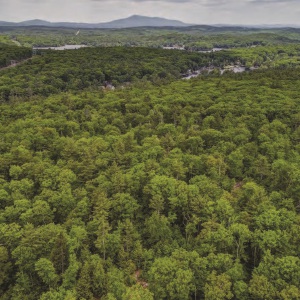 Partnership succeeds in protecting Lake Monomonac forestland
Partnership succeeds in protecting Lake Monomonac forestland
 Franklin County youth tapped to advise governor’s team
Franklin County youth tapped to advise governor’s team
 Athol Police Logs: March 27 to April 10, 2024
Athol Police Logs: March 27 to April 10, 2024
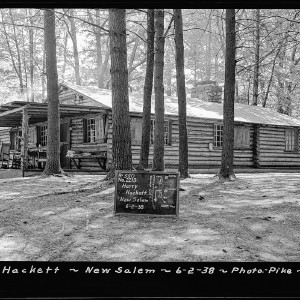 A Page from North Quabbin History: Quabbin Reservoir photo archives
A Page from North Quabbin History: Quabbin Reservoir photo archives
 Historical society presents history of Nichewaug
Historical society presents history of Nichewaug
 Equity, income concerns flagged in free college debate
Equity, income concerns flagged in free college debate
 School nurse resigns after Orange administrators discover lack of license
School nurse resigns after Orange administrators discover lack of license UMass trustees OK 2.5% tuition increase
UMass trustees OK 2.5% tuition increase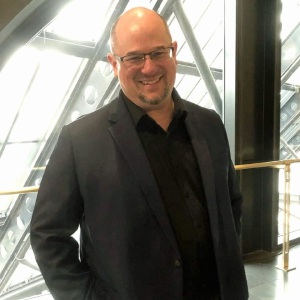 Athol Town Manager says next fiscal year may be the ‘most challenging’ in the last decade
Athol Town Manager says next fiscal year may be the ‘most challenging’ in the last decade Heywood Healthcare cites progress made since bankruptcy filing
Heywood Healthcare cites progress made since bankruptcy filing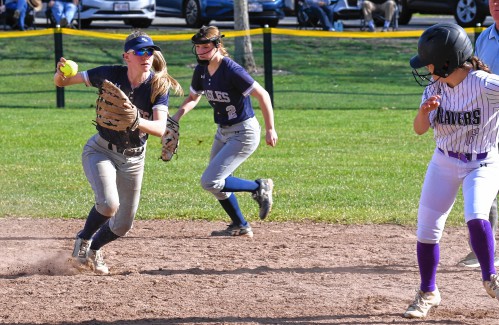 Softball: Hannah Gilbert allows two hits as Franklin Tech knocks off Blackstone Valley, 7-3 (PHOTOS)
Softball: Hannah Gilbert allows two hits as Franklin Tech knocks off Blackstone Valley, 7-3 (PHOTOS) UMass basketball: Matt Cross reportedly enters transfer portal
UMass basketball: Matt Cross reportedly enters transfer portal Crunch time for matzo: An easy-to-make sweet treat that’s Passover Seder-friendly
Crunch time for matzo: An easy-to-make sweet treat that’s Passover Seder-friendly Spotlight on women in classical music: Brick Church Music Series’s season comes to a close, April 28-29, with Champlain Trio
Spotlight on women in classical music: Brick Church Music Series’s season comes to a close, April 28-29, with Champlain Trio Ready for their close-up: Pothole Pictures announces a season of curated film screenings, live music and $1 popcorn
Ready for their close-up: Pothole Pictures announces a season of curated film screenings, live music and $1 popcorn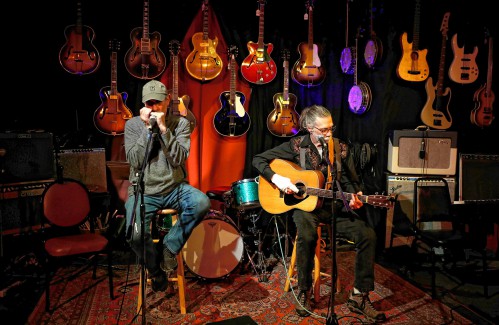 You’re up next: Western Mass open mic scene heats up post-pandemic
You’re up next: Western Mass open mic scene heats up post-pandemic